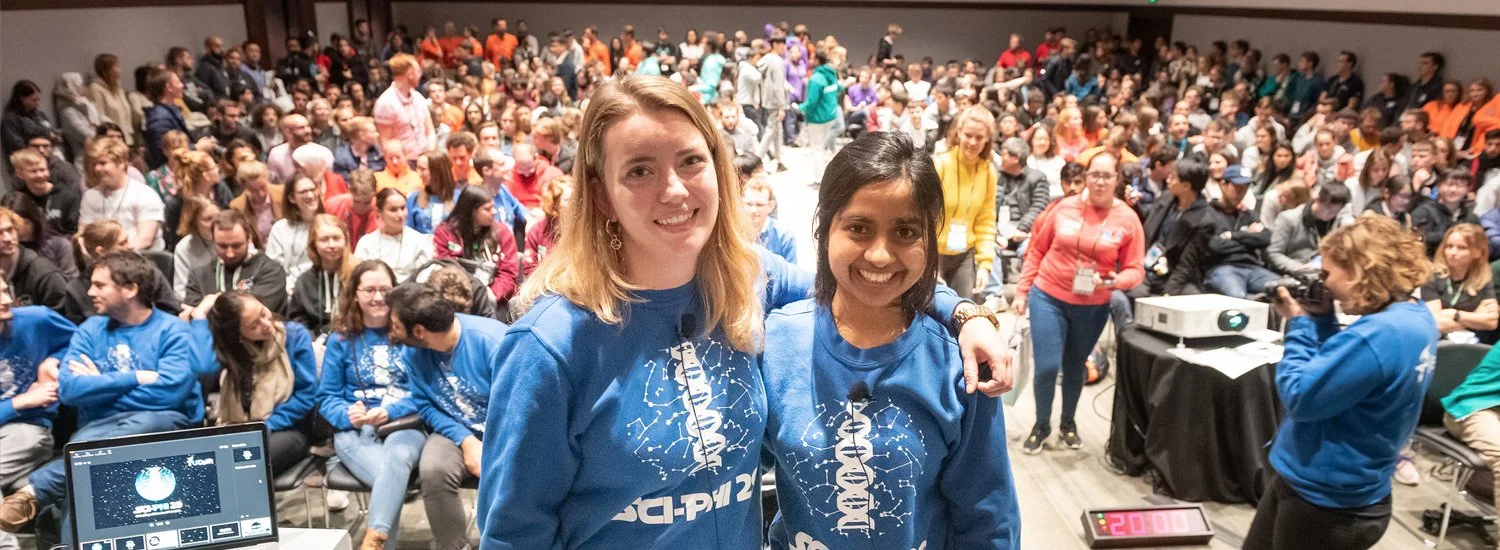Initially, team wikis were created using MediaWiki – a ground-breaking (at the time), open source, collaborative platform. But there have been tremendous advances in software development since then, most notably the creation of Git – a software developer’s dream.
Welcome!
This blog is where we share stories, announcements, and insights from around the iGEM community.





















